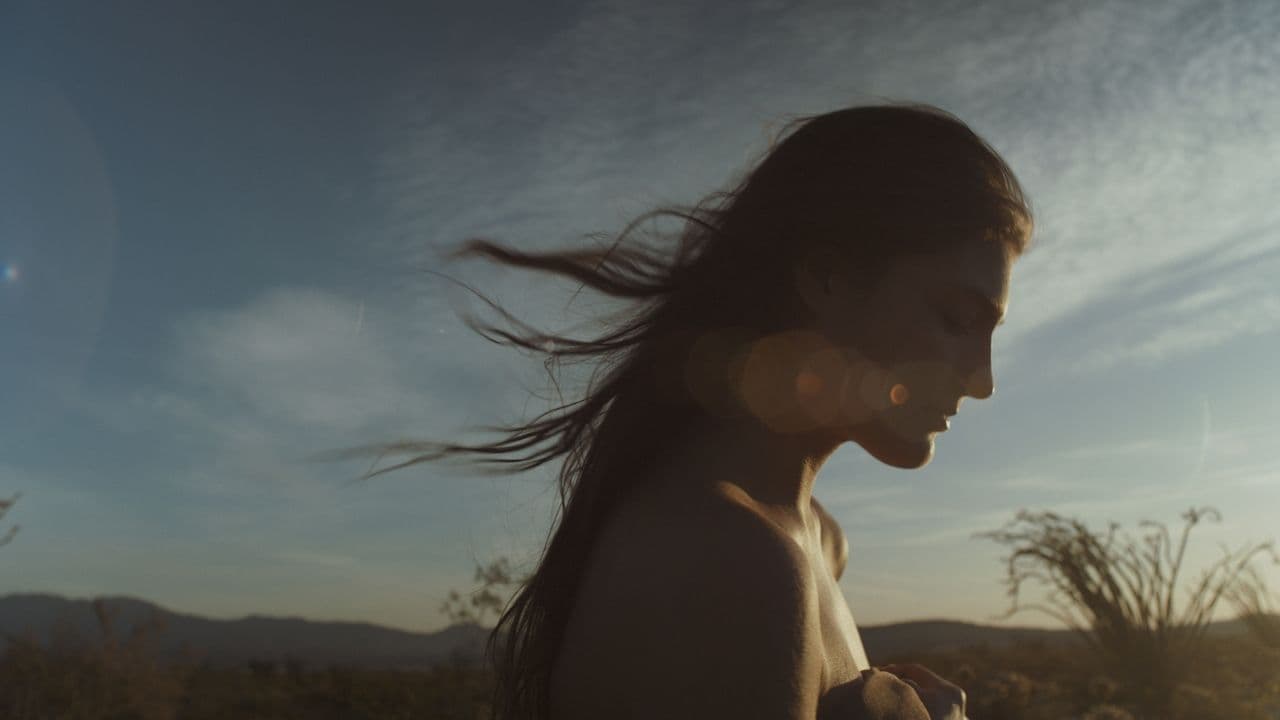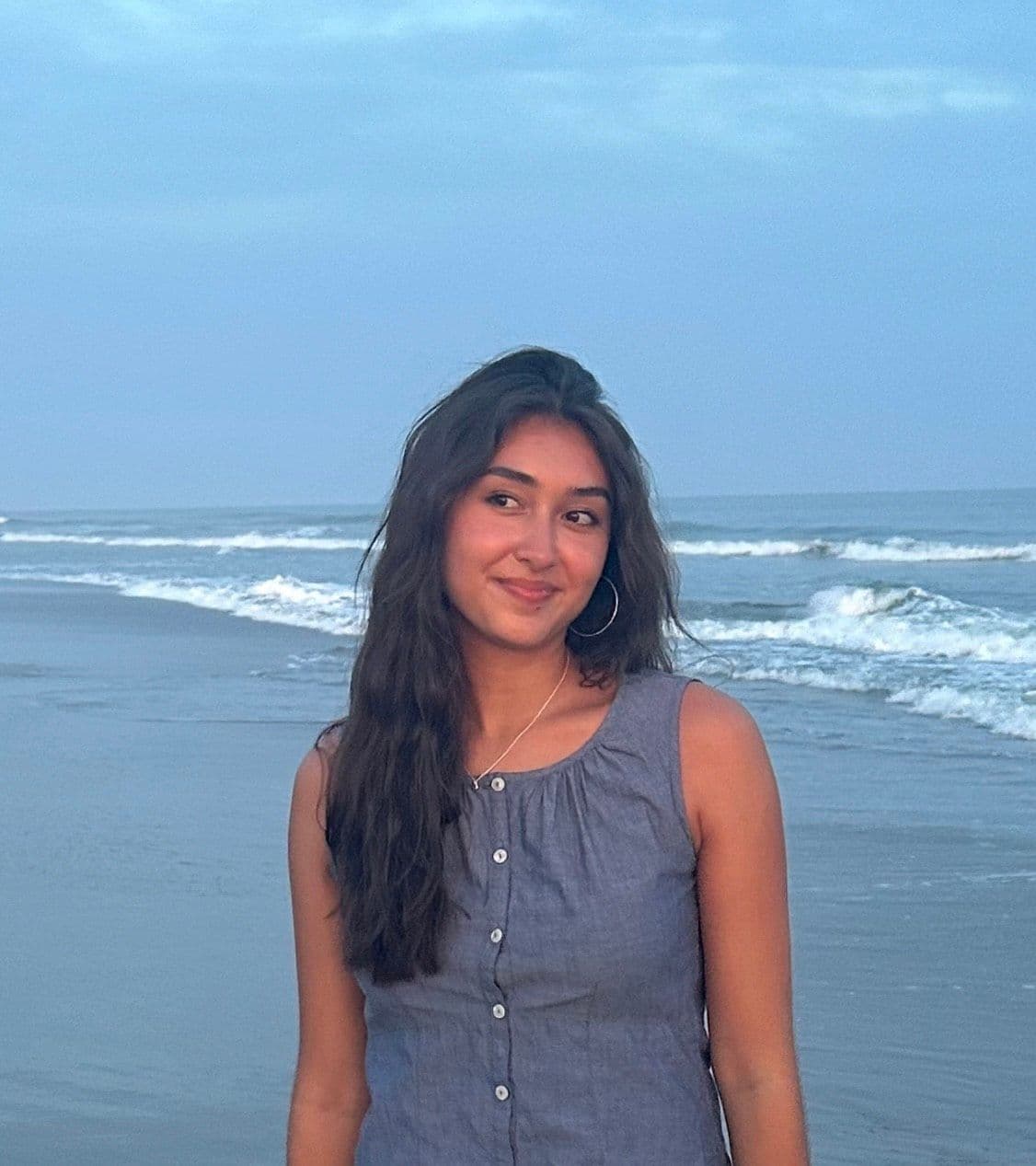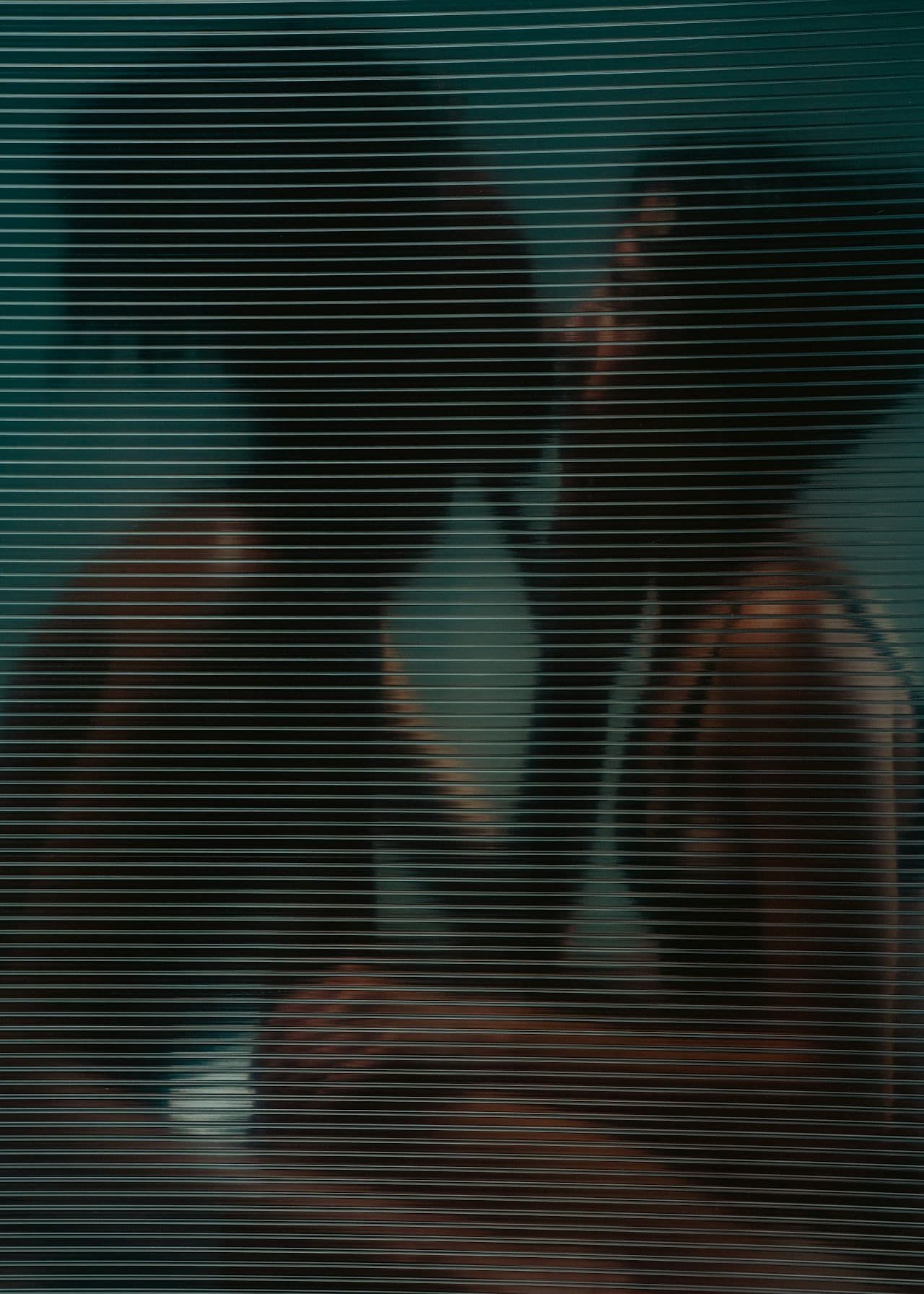After cancer, you’re kind of just… thrust back into the world. But for many of us, cancer’s not just a blip in our life. Treatment can alter our bodies forever. A cancer diagnosis can cause the kind of health anxiety that never really goes away. And the whole experience can meaningfully change the way we move throughout the world.
Everyone’s perspective is different, but Susan Hess, a certified counselor who has worked with women with breast and ovarian cancer for over 27 years, says life after cancer is an entirely new experience, it’s not returning to your life before. Your previous “standard operating procedure,” the way you went through life before cancer, might not feel or be possible.
For some of us, this adjustment might involve a massive change, but for others it might just be a slight change in perspective. For many of us, there’s no magical transformation into the wise, philosopher-queen figure we expected to become after such a life-altering experience. You’ve transformed, but you’re still you.
Below, six women tell us what it was like for them when treatment ended.
On Body Image and Relationships
Dara, 39 and a pilates instructor with a three-year-old daughter at diagnosis, she pursued surgery, chemotherapy, 33 rounds of radiation, and other treatments; now 43, she still feels the effects
On a changing relationship to your body—“My whole career has been in fitness, so my body used to be what I could depend on the most. When you go through something like this diagnosis so young, with no family history, you start to feel like you can’t trust your body. And that’s a really overwhelming, disarming place to be… Sometimes I can’t relate to my friends because they didn’t go through menopause. They don’t necessarily look like I do… I can’t move the same way. And, fatigue is something I try to explain to people. It’s not like being tired. It’s this really thick, heavy feeling and it doesn’t really matter how rested you are… I can’t work the same way I used to, and it shows up a tremendous amount in my family life, which is really sad and maybe not as talked about. I’m a wife, and I’m a mom, and all of the sudden, I’m a different kind of wife and I’m a different kind of mom. There’s a lot of loss with that.”
And the impact of cancer on a marriage— “It’s a really weird dynamic between husband and wife when one person becomes a patient and the other is thrown into a caregiver role. I’m very lucky to have an amazing husband. He wasn’t prepared with the tools. I think there was fear. I think there was anger. I think there was resentment, and it seeps into a marriage. It makes things tense and hard… I think we’re still suffering as a result. I don’t think we have found our stride again. [There’s] PTSD. My daughter still does not know that I was ever not well. I think my husband and I are still trying to find our way, to get above the water again.”
On Health Anxiety and a Rushed Youth
Molly Oldham, 19 when her brain tumor (a result of Anaplastic Ependymoma) was found; now 25, she’s living in New York as a singer, actor, and performer, and started a nonprofit, “The Molly Impact,” to support other adolescents and young adults with cancer
On uncertainty and healing — “After the third surgery, it’s that feeling of: These tumors are out, but is it really done? That was a big mental hurdle, on top of the physical hurdle of it all… It was a time thing, it was a therapy thing. It was finding other things I love and distracting myself. It’s just like any other mental health burden. Just figuring out again what’s really important and what you’re making up in your head. I have insane health anxiety. Every time I have a headache, I get nervous, and that’s never going to go away.”
On growing up quickly— “In high school and honestly, sometimes even in college, I loved the drama. I didn’t want to be involved in it, but I wanted to know everything that was going on all the time. And then I got really sick really fast, and I was far away from everything and everyone, and I just realized it didn’t matter… Who cares what people are saying? All you can do is focus on yourself…And, everyone learns those things as they grow up, but I kind of feel fortunate that I was hit and learned them all very quickly.”
On Priorities and Mental Health
Christy Lingo, diagnosed with breast cancer at 44, treatment included surgeries and chemo, now 48
On spending time with her kids— “As a business owner and working out of my own home, it would be very easy for me to slip into working into the evenings. [Now,] I definitely have more of a hard out at five or six… I think it was a nice change. It was definitely a lesson that I needed to learn…I definitely go out of my way to spend quality time and really talk to and listen to my kids, maybe more so than I did before. Every day, my 11-year-old will come down and say ‘Do you want to watch Ryan Trahan?’ And I can tell you that, if somebody would have said ‘Do you want to watch the 20-something YouTuber with me 50 days in a row?’ five years ago, I’d have said, ‘I have much better things to do with my time.’ Not to be mean to my kid, but that wasn’t how I wanted to spend my time. But now I can appreciate: I need to be where he is, and learn what he likes and not just always be the teacher, but sometimes be the student.”
On expanding what 'health' encompasses— “I think it has made me evaluate my entire health. Not just my physical body but my mental health, my relationship health, and take all of those things more seriously. So, I said to my primary care physician, I either have anxiety or ADHD. I don’t know that I would’ve taken those steps had I not gone through the cancer treatment, because it’s just another thing to say yeah, okay, whatever, I’ll get to it, but now I know how important a diagnosis and a treatment plan is. Whether it’s for your brain, or for your cancer, or for a broken leg. I think it helps me to appreciate that if there is an issue in your relationship, you go see a couples counselor. If there’s an issue with your brain, see if you can figure it out, because chances are there’s a solution out there.”
On Sex and A Different Body
Amanda Fitzpatrick, diagnosed with endometrial cancer at 26 years old and grappled with fertility preservation and a hysterectomy, and helped start the “We’re Too Young For This” group within Mount Sinai’s “Woman to Woman” program
On early menopause, sex drive, and dating—“Even aside from the hot flashes and the sweating, all the menopause stuff, it kind of affects me so much that I’m not even in the mood, and I don’t get excited. It’s more or less a shut off, like a light switch. And it’s been off for five years and that’s just it.… I read books to see if something will come back, but it’s been nothing for so long. I don’t know whether it’ll come back, or how it’s going to come back…. Hopefully the spark will find its way back to me…I have to wait. But I know my family is waiting for me… They keep asking me, ‘When am I going to start [dating]? I’m getting older, what am I waiting for?’ It’s pressure.”
On relearning your body—“ I have to get to know my whole body all over again… I had to accept all these things that were happening, because this is a vital organ to me… dealing with the hair loss from menopause and everything… It’s a whole new life that I kind of worked to live.”
On Changed Relationships and Perspectives
Abby Waack, diagnosed with breast cancer at 27, did fertility preservation and chemotherapy, now 29
On how cancer is with you forever—“You're not just through it when you're done with treatment. This is something that has affected you forever and it's okay for you to need to process it forever, because it will always be something traumatic that you went through. Even though you want it to be over. You're never going to go back to your old life, and that's okay because you can be a better person on the other side of it, you can learn a lot from it. I've learned so many valuable life lessons going through it that I can reflect on and understand that there were some positives that came out of it, as horrible as it was.”
On showing up for friends and family—“One of my biggest lessons is the importance of showing up for people. When you go through something like this, it shows you why that's important, because the way that people showed up for me was overwhelming. I had an army behind me, because I had shown up for them in their lives for years. It also brought me so much comfort, knowing that people were showing up for my people, too. Knowing my friends are being taken care of by their friends and my parents are being taken care of by their friends. The people in your life, your friends, your family, and the moments you have together are the most valuable things. It's the reason that we're here, for love and connection and that was just an overwhelming lesson for me. Relationships are the meaning of life.”
On Finally Taking a Break and Also Buying a Bearded Dragon
Jenn Aédo, a dancer, make-up artist, and hair stylist and admitted victim of “hustle-culture”, diagnosed with burkitt lymphoma in 2024
On what it’s like when treatment ends— “I requested a break because I was so weak… I wasn’t able to stand or sit up. But they said it’s going to be a waiting game because we don’t know if it’s all gone, so they said, we’re just going to take a month off and then we’re going to send you in for a PET scan, and in that month, I felt like I got pushed out a window. It just kind of felt like [they were saying], See you in a month, go back to living your life, which was the craziest thing… What do you mean get back to my life? I was just robbed of it for months. The world moved on and I’m standing still—I feel like I missed everything. So, I fell into a crazy deep depression… For a while there, it was really bad. But therapy helped…and support groups helped a lot [Jenn mentioned The Lymphoma Ladies on Instagram]. What drives me crazy is that there’s not a lot of aftercare for cancer patients when that’s really what we need the most. We don’t know how to ‘live’ after that, after that trauma, regardless if you spent a lot of time in the hospital or not, you can’t just get back to life as it was.”
On protecting your peace—“For me to start feeling better, and more like a person, I started getting into wellness. I started doing those rituals where I wake up with the sun… I went down the rabbit hole of having plants in the house… and now my entire house is like a rainforest. I actually kind of get a kick out of getting them to grow. It’s healing in a way. And I decided to start saying no to certain things like working over 40 hours a week or taking on more work than I can handle. I bought a bearded dragon… and I have three ducks. Just the most random things. But it’s things that I’ve always wanted to do but never did, and now, I feel like, what was I waiting for? Was I waiting to be ready? There’s no such thing as that. Ready is a decision… I’m slowly but surely trying to find the things that bring me joy and to limit the things that cause a lot of stress in my life.”
These interviews have been edited and condensed for clarity.









